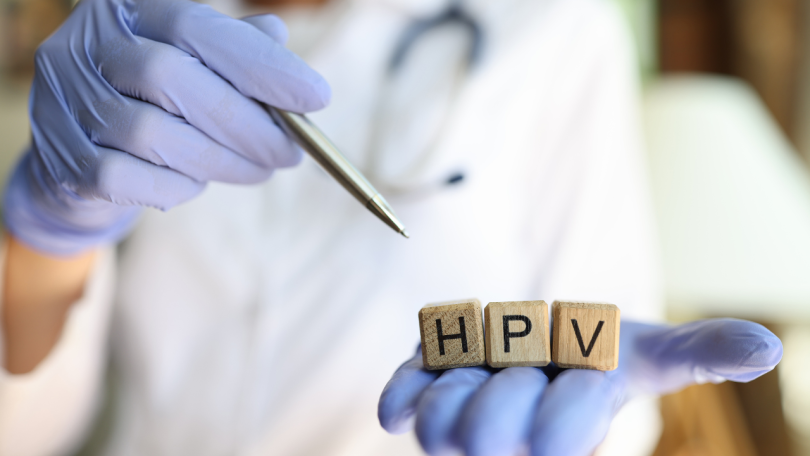Each year, 13 million Americans, including teenagers, become infected with Human Papillomavirus (HPV). While there are over 200 types of HPV, a majority of which show no symptoms, there are at least a dozen types that can lead to cancer. In fact, HPV causes 36,000 cases of cancer in both men and women in the United States each year, according to the Centers for Disease Control and Prevention.
“Now, HPV does not cause cancer in everybody. Most of us get exposed to HPV without developing cancer, but it can cause cancer, and cancer can be prevented by the vaccination,” said Klaus Ley, MD, founding co-director of the Immunology Center of Georgia at the Medical College of Georgia at Augusta University.
HPV can cause cancers of the cervix, vagina, vulva, penis, anus, and throat and mouth. It not only affects women but men as well. A common disbelief is that HPV can only be transmitted sexually, and while it is the most common way, it is also possible to contract it through skin-to-skin contact, which is why getting vaccinated is so important.
“Honestly, there is not a single vaccine we as human beings take that is as efficacious,” said Sharad Ghamande, MD, a gynecologic oncologist at Wellstar MCG Health and Chief Section of Gynecological Cancer Prevention Associate Director for Georgia Cancer Center Clinical Research. “We currently have 33 FDA-approved vaccines that can be given, and they should be given, and the HPV vaccine is the only one that can prevent cancer. It’s remarkable.”
The vaccine, Gardasil-9, is typically administered in two doses, given six to 12 months apart for those who are younger than 15 years old. For older people, such as college students, it typically requires three doses. While this can be a daunting task for someone with a fear of needles, the vaccination does prevent over 90% of cancers caused by HPV, so the benefits outweigh the fear of needles.
If you have questions about the vaccine, reach out to your general physician. They can give you more information and check your vaccination status. You can also check out our latest episode of “A Cancer Conversation” to learn more about HPV and the vaccine.
For Augusta University students, the HPV Vax Bash was an easy opportunity to check one’s vaccine status, learn more information about the vaccine, and receive the vaccine, all on campus. Healthcare professionals will be on-site to administer the vaccines and answer any questions students have about HPV. It occurred September 11th on the Summerville Campus. Another one is planned for late October, or early November, so keep an eye out on the Georgia Cancer Center’s Facebook and Instagram pages for more information.





